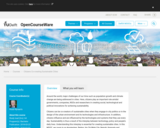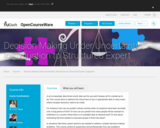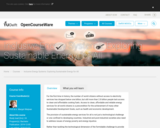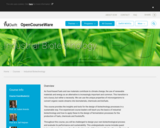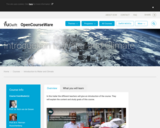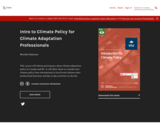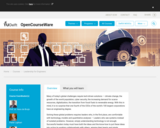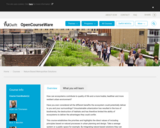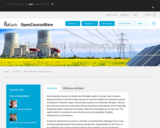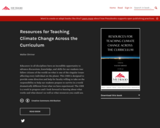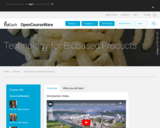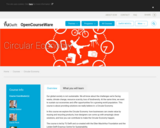
Our global society is not sustainable. We all know about the challenges we’re facing: waste, climate change, resource scarcity, loss of biodiversity. At the same time, we want to sustain our economies and offer opportunities for a growing world population. This course is about providing solutions we really believe in: a Circular Economy.
In this course we explore the Circular Economy: how businesses can create value by reusing and recycling products, how designers can come up with amazingly clever solutions, and how you can contribute to make the Circular Economy happen.
- Subject:
- Career and Technical Education
- Technology and Engineering
- Material Type:
- Full Course
- Provider:
- Delft University of Technology
- Provider Set:
- Delft University OpenCourseWare
- Author:
- Dr. D.P. Peck
- Ken Webster
- Prof.dr.ir. C.A. Bakker
- Date Added:
- 02/07/2023

